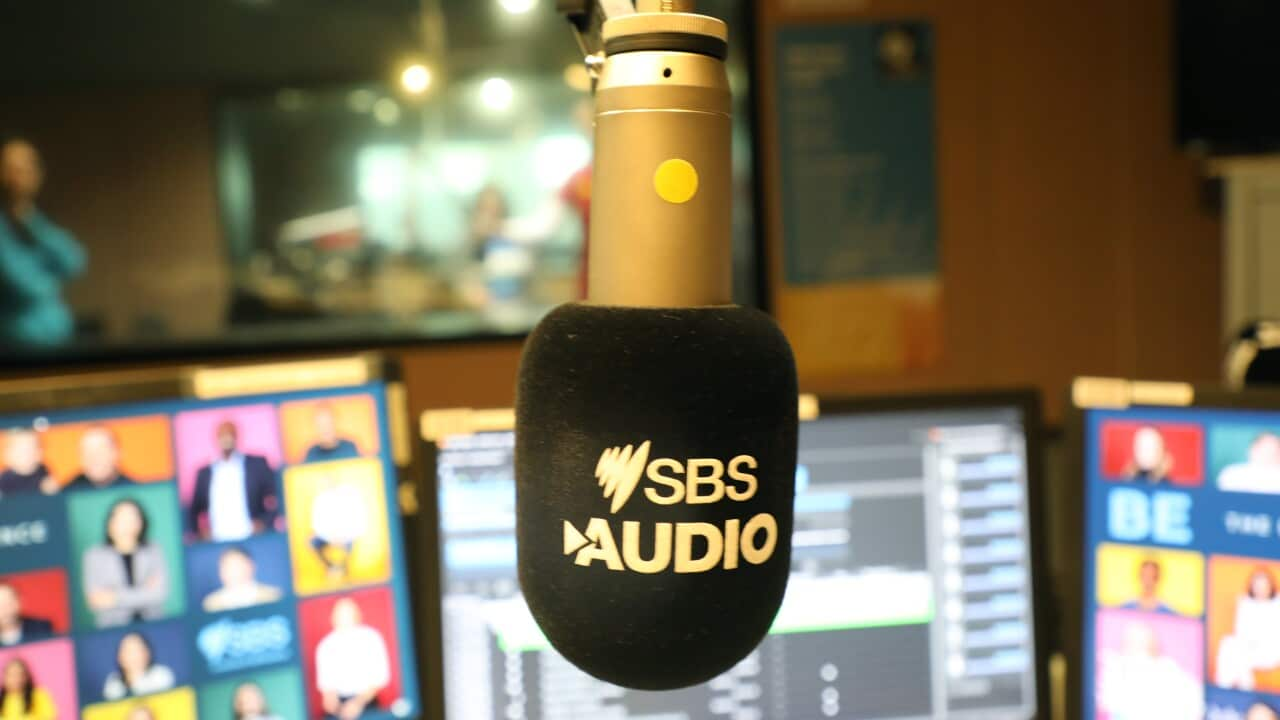Key Points
- New data from Telstra reveals people are most likely to be targeted on a Friday or Saturday, when 11 percent more messages are blocked by the telco on average. Between one and four in the morning was also found to be a prime time for scam traffic.
- They usually impersonate big brands, contain unverified links, ask for financial details or demand immediate action from the recipient.
- Scammers are making use of A-I-generated slang phrases, such as "true blue" or "oy mate", to sound more personable.




